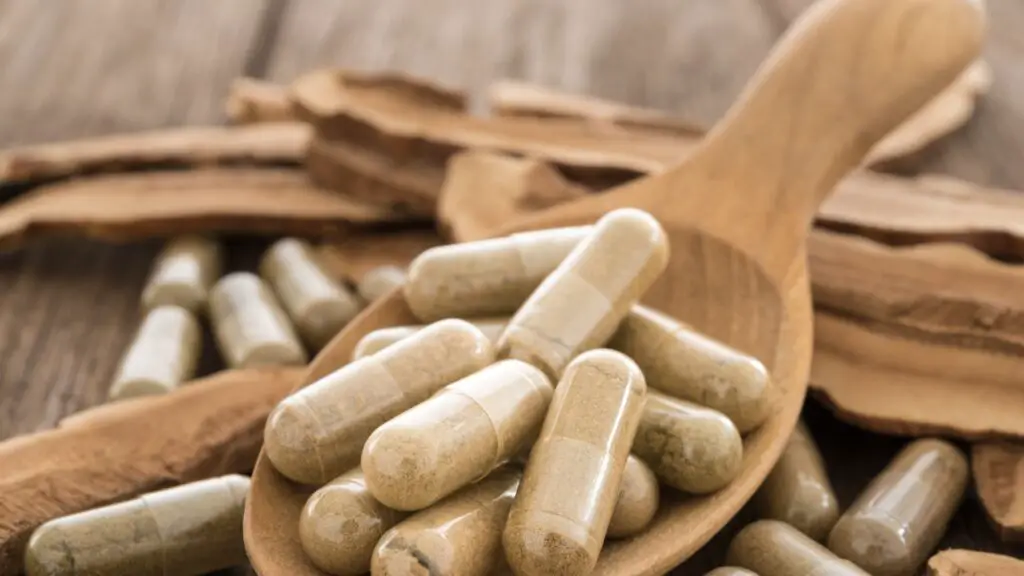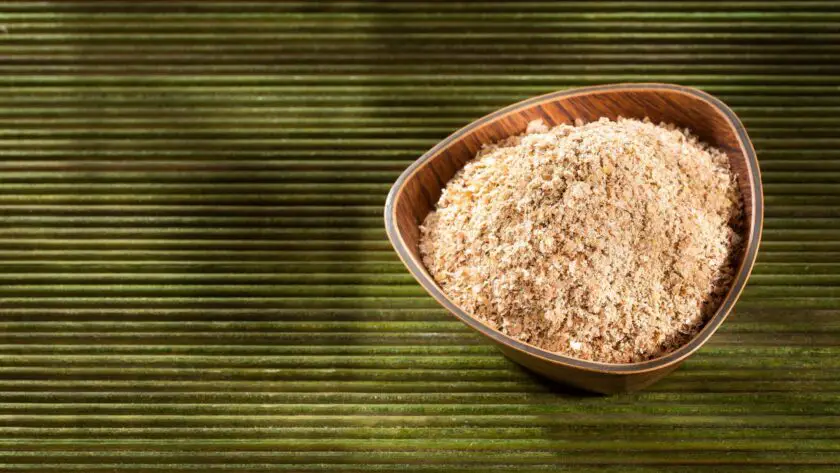A spicy life has its downsides. Spicy foods, typical of happy hours and ethnic cuisines today in fashion and with a high irritating power, such as pepper, chilli, curry, but also a high dose of alcohol and coffee can cause unwelcome surprises.
Such as the appearance of hemorrhoid disorders, of different nature, which arise when these become inflamed: many people suffer from them, who do not even implement adequate prevention measures to stop their course.
That is, they do not practice physical activity that could help intestinal motility, they do not provide the body with an adequate amount of fluids (they drink less than 2 liters of water a day), they consume little fruit and vegetables when their fibers, and their diet in general, they are essential for better control of the problem.
So here’s how to prevent hemorrhoids at the table.
The hemorrhoids
They are a B-side problem that knows no gender distinctions and involves some veins located in the rectum. The particular position in which they are found, subjects them to contact with continence and evacuation activities, a condition that can cause pathological phenomena such as even very annoying inflammation. Among these precisely the hemorrhoids .
Preventing them, limiting their onset or eviralizing them can be done: first of all by resorting to departures with a specialist visit to the proctologist at the first signs.
Which? An initial itching or burning, a sense of heaviness, pain in critical areas and bleeding, at first contained and then more and more abundant depending on the intensity of the manifestations, especially during evacuation but also in conditions of ‘rest’.
And neglect means progression of hemorrhoids which can thus also be accompanied by infections, mycosis, mucus production, acute or chronic pain: all signs that the problem has gone further, coming out of its seat and giving self-presence with a prolapse.
This condition can also be associated with fissures, abscesses and hemorrhoidal thrombosis. The causes of hemorrhoids can be of different nature: nutrition, subjective predisposition, familiarity (if there are relatives who already suffer from the problem), sedentary lifestyle, posture, taking certain drugs, age, pregnancy and menstrual cycle in women.

Food to help with hemorrhoids, therapy
If the ‘problem’ has gone a little further, but still not too much, it is now possible to opt for innovative, but conservative and fast-resolving surgical treatments: such as para-surgical therapies in the Day Hospital regime; hemorrhoidopexy interventions such as those performed with a mechanical suturing device or prolassopexy (the most recent technique), which especially if the hemorrhoids are in the initial stages, allow to reduce post-operative pain, to minimize the surgery without however losing effectiveness.
By following a correct diet, even the slightest surgery can be avoided by putting ad hoc foods on the plate and limiting the ‘irritating’ ones.
Food to help with hemorrhoids
A diet rich in fiber is essential to prevent and eliminate constipation, one of the main causes that favor hemorrhoids. Where to find them?
In fruit and vegetables we have some of the bst Food to help with hemorrhoids. But above all in the bran in which the content is rather high; this food must therefore be integrated into the diet gradually, integrating the doses over a couple of weeks to avoid unpleasant side effects, or attacks of dysentery. In addition to the fibers, the following are also to be preferred:
- Foods rich in iron.The reason is simple, in fact hemorrhoids can cause a huge loss of this mineral with bleeding. Even the diet can help replenish its resources through the consumption of bovine liver and offal, mussels and shellfish, eggs, some fish such as sea bass or sea bass, horse meat, dried legumes (chickpeas, broad beans, beans, lentils), dried fruit in shell (almonds, walnuts, pistachios, etc.) or dried fruit such as dates, apricots, plums which are all rich in them. Among the best foods against hemorrhoids there is then the melon, while, albeit without a specific indication for this pathology, foods that contain vitamin C, such as lemon and citrus fruits, or citric acid are also recommended, which are useful for increasing the absorption of iron in the body. So,
- Oil : olive, linseed and apple cider vinegar. These are the ad hoc condiments to use at every meal to dress the salad, flavor soups and dishes.
- Spices : in particular ginger, garlic and onion because they favor the breakdown of fibrin. That is, a protein used in blood coagulation that helps repair trauma and lesions in tissues, organs and arteries. Never exaggerate, however, because it can happen that the organism manifests a “hyper-reaction”; accumulating too much fibrin could in fact stimulate inflammation of the arteries, particularly at the anal level.
- Fruit : red and black currant berries are to be preferred, which are rich in vitamin C, rutin and minerals. Especially beneficial for hemorrhoids is the juice. They also contain a small amount of GLA fatty acids which, by producing prostaglandins, control pain related to this pathology. In short, one or two glasses of black or red currant juice should also be included in the daily water intake.
- Fruit juices : better that of cherries, blackberries and blueberries because the red or blue ones contain some substances such as anthocyanins and proanthocyanidins that reduce swelling and the size of hemorrhoids, toning and strengthening the veins. These juices are also fine mixed in equal parts with apple juice.
What to avoid
There is Food to help with hemorrhoids, and things that you should avoid at all costs. All foods low in fiber, because they do not favor intestinal transit and cause constipation and constipation, which are harmful to hemorrhoids.
Therefore, pasta and white bread, non-wholemeal bakery products (snacks, cakes and snacks) should be eliminated from the diet or limited to the maximum; sausages (salami); crustaceans and over-aged cheeses; foods that are too spicy such as chili pepper or irritating to the anal mucosa (coffee, alcohol, chocolate) which risk causing bouts of diarrhea, aggravating the general situation.






